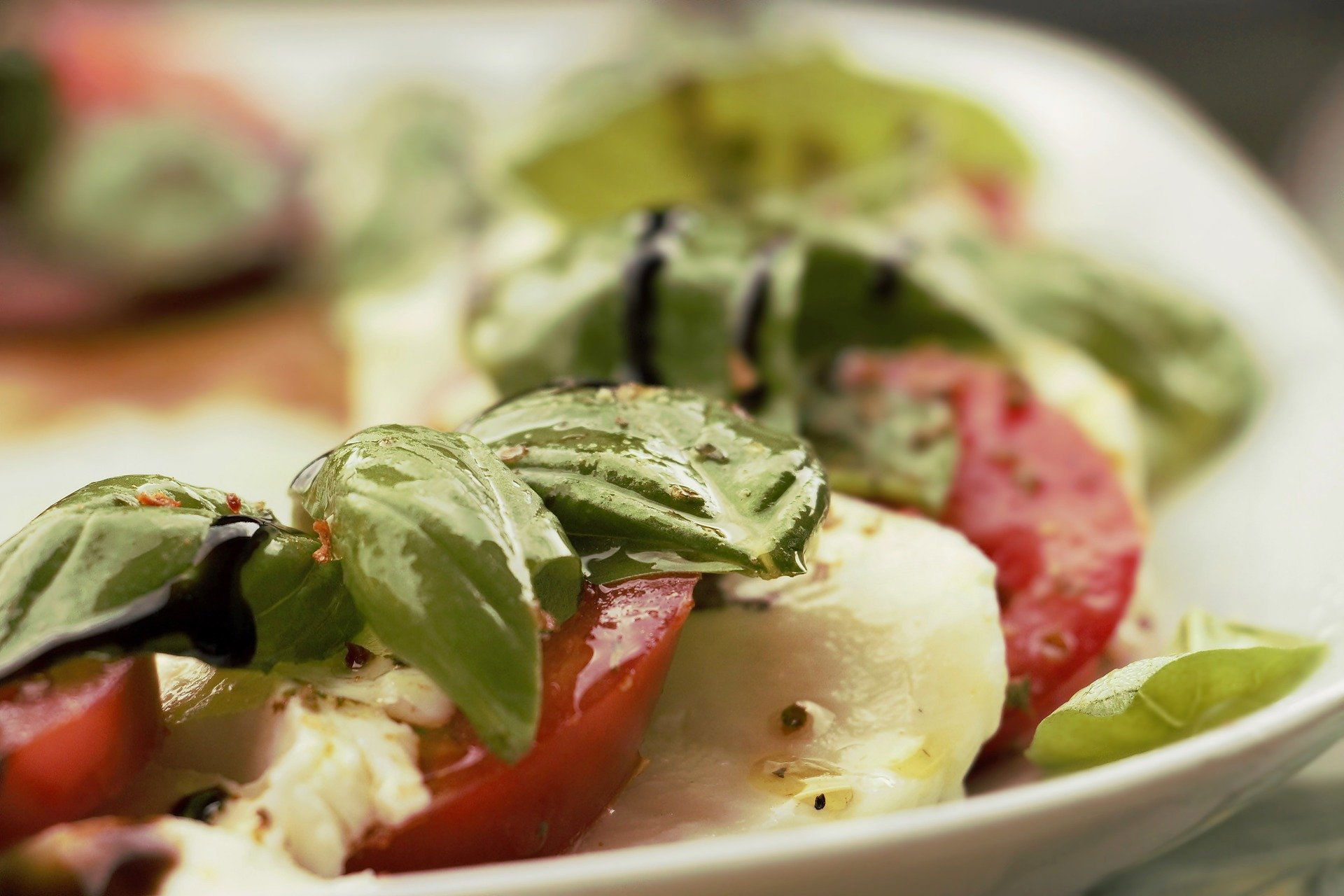Boosting Immunity Through Nutrition: Foods to Strengthen Your Defenses
The immune system is our body's natural defense against infections and illnesses. Keeping our immune system strong and healthy is crucial for protecting us from various pathogens and maintaining overall well-being. While there are no magic foods to prevent diseases, a balanced and nutrient-rich diet can play a significant role in supporting our immune function. In this article, we will explore the connection between nutrition and immunity, the essential nutrients for a robust immune system, and a list of foods that can help strengthen your defenses.
The Immune System and Nutrition
The immune system is a complex network of cells, tissues, and organs that work together to protect the body from harmful invaders, such as bacteria, viruses, and other pathogens. Proper nutrition is essential for the optimal functioning of the immune system. Certain nutrients play key roles in supporting immune responses and helping the body fight off infections.
Essential Nutrients for Immune Health
Vitamin C: This antioxidant vitamin is well-known for its immune-boosting properties. It helps stimulate the production of white blood cells, which are essential for fighting infections. Citrus fruits, strawberries, kiwi, broccoli, and red bell peppers are excellent sources of vitamin C.
Vitamin D: Vitamin D is essential for regulating the immune system and promoting immune cell function. Sunlight is a natural source of vitamin D, and it can also be found in fatty fish, fortified dairy products, and supplements.
Vitamin E: Another powerful antioxidant, vitamin E helps protect immune cells from damage. Nuts, seeds, and vegetable oils are good sources of vitamin E.
Zinc: Zinc is crucial for immune cell development and function. It can be found in lean meats, seafood, whole grains, nuts, and seeds.
Probiotics: These beneficial bacteria support gut health, which plays a significant role in immune function. Yogurt, kefir, sauerkraut, and kimchi are sources of probiotics.
Omega-3 Fatty Acids: Found in fatty fish, flaxseeds, and walnuts, omega-3 fatty acids have anti-inflammatory properties that can support the immune system.

Immune-Boosting Foods
Citrus Fruits: Oranges, lemons, grapefruits, and other citrus fruits are rich in vitamin C, which can help enhance immune function.
Garlic: This aromatic herb contains compounds that have immune-stimulating and antimicrobial properties.
Ginger: Ginger has anti-inflammatory effects and can help support the immune system.
Turmeric: Curcumin, the active compound in turmeric, has potent antioxidant and anti-inflammatory properties.
Berries: Berries like blueberries, strawberries, and raspberries are packed with antioxidants that support immune health.
Leafy Greens: Spinach, kale, and other leafy greens are excellent sources of vitamins and minerals that contribute to immune function.
Yogurt: Probiotic-rich yogurt can help promote a healthy gut, which is essential for a robust immune system.
Nuts and Seeds: Almonds, sunflower seeds, and pumpkin seeds provide immune-boosting nutrients like vitamin E and zinc.
A Balanced Diet for Immune Support
While certain foods offer specific immune-boosting nutrients, a balanced and varied diet is essential for overall immune support. Incorporate a colorful array of fruits and vegetables, whole grains, lean proteins, and healthy fats into your meals.
Additional Immune-Boosting Tips
Stay Hydrated: Drink plenty of water to support the proper functioning of all body systems, including the immune system.
Limit Sugar and Processed Foods: Excessive sugar and processed foods can contribute to inflammation and weaken the immune system. Opt for whole foods instead.
Moderate Alcohol Consumption: Excessive alcohol intake can suppress immune function. Drink alcohol in moderation or avoid it altogether.
Get Enough Sleep: Aim for 7-9 hours of quality sleep each night to support immune health.
Exercise Regularly: Moderate and regular exercise can boost immune function and overall well-being.

Conclusion
While nutrition is just one aspect of immune health, it plays a vital role in supporting our body's defense mechanisms. By incorporating immune-boosting foods rich in essential nutrients, staying hydrated, and adopting a healthy lifestyle, you can strengthen your defenses and promote overall well-being.Remember that a balanced diet, along with other healthy habits, contributes to a robust immune system and better equips your body to fight off infections and stay well.
Sources:
- Harvard T.H. Chan School of Public Health - "How to Boost Your Immune System" - hsph.harvard.edu/nutritionsource/nutrition-and-immunology/
- National Institutes of Health - "Vitamin C and Immune Function" - ods.od.nih.gov/factsheets/VitaminC-HealthProfessional/
- National Institutes of Health - "Vitamin D and Immune Function" - ods.od.nih.gov/factsheets/VitaminD-HealthProfessional/
- Oregon State University - "Vitamin E and Immune Function" - lpi.oregonstate.edu/mic/health-disease/immunity
- National Institutes of Health - "Zinc and Immune Function" - ods.od.nih.gov/factsheets/Zinc-HealthProfessional/